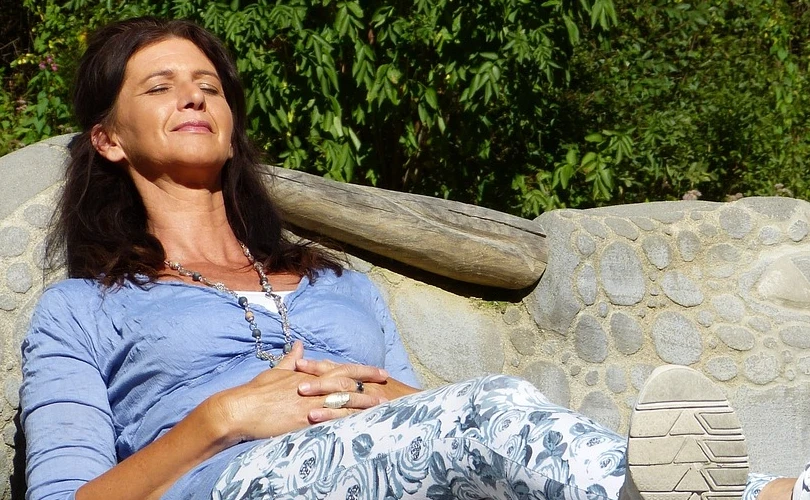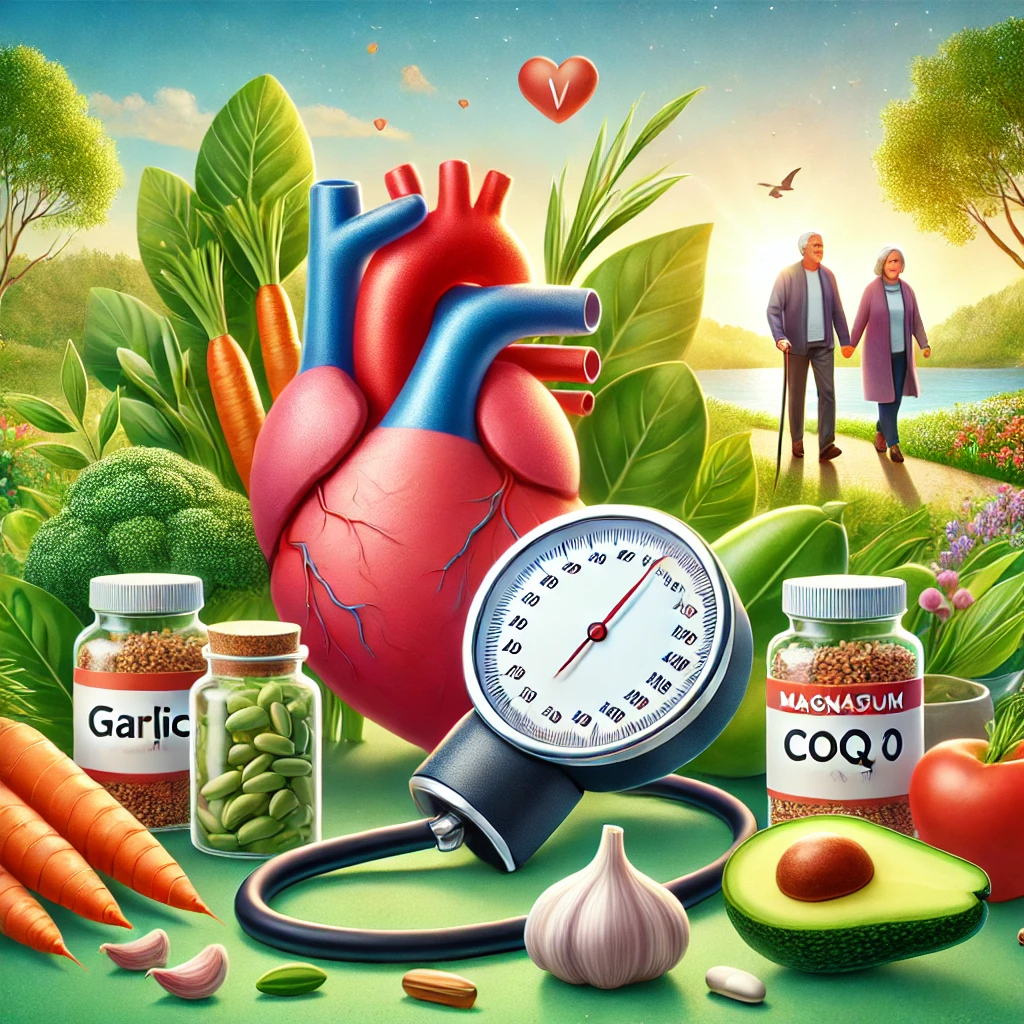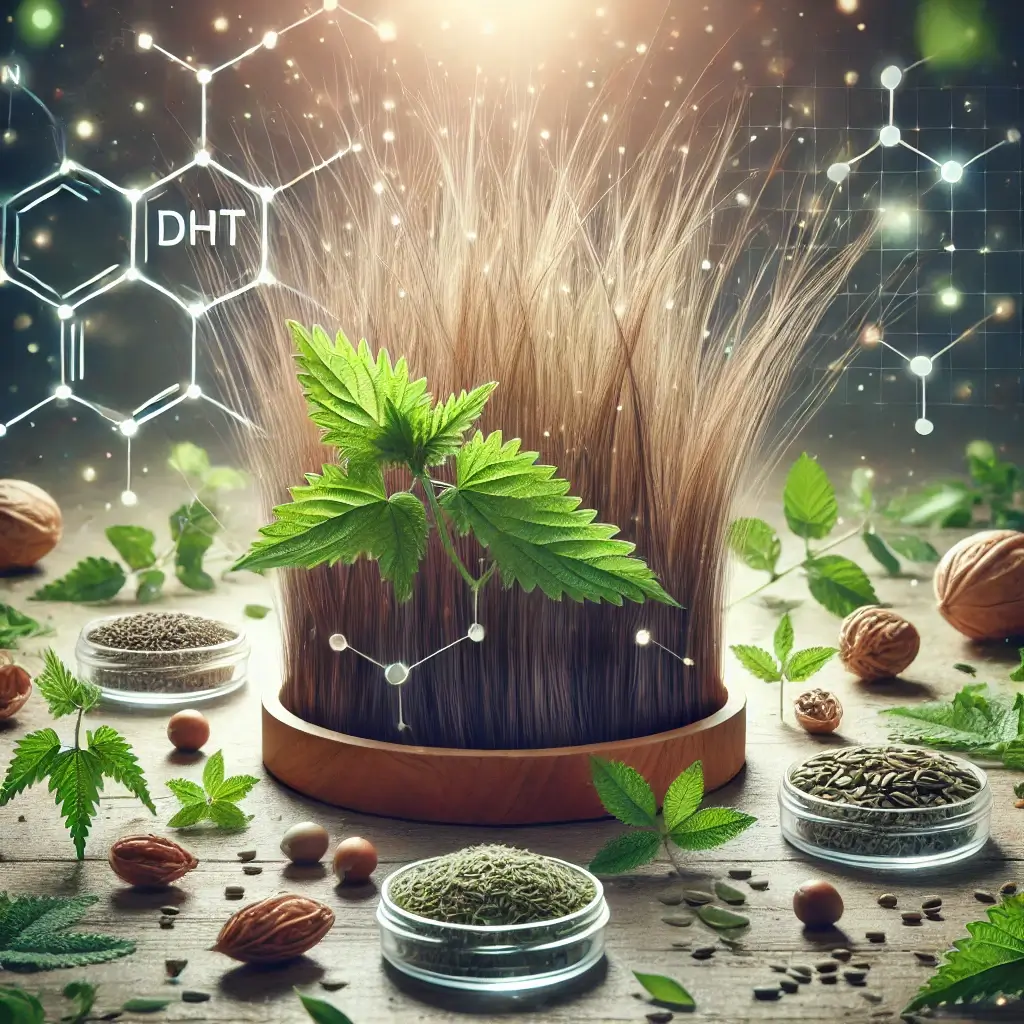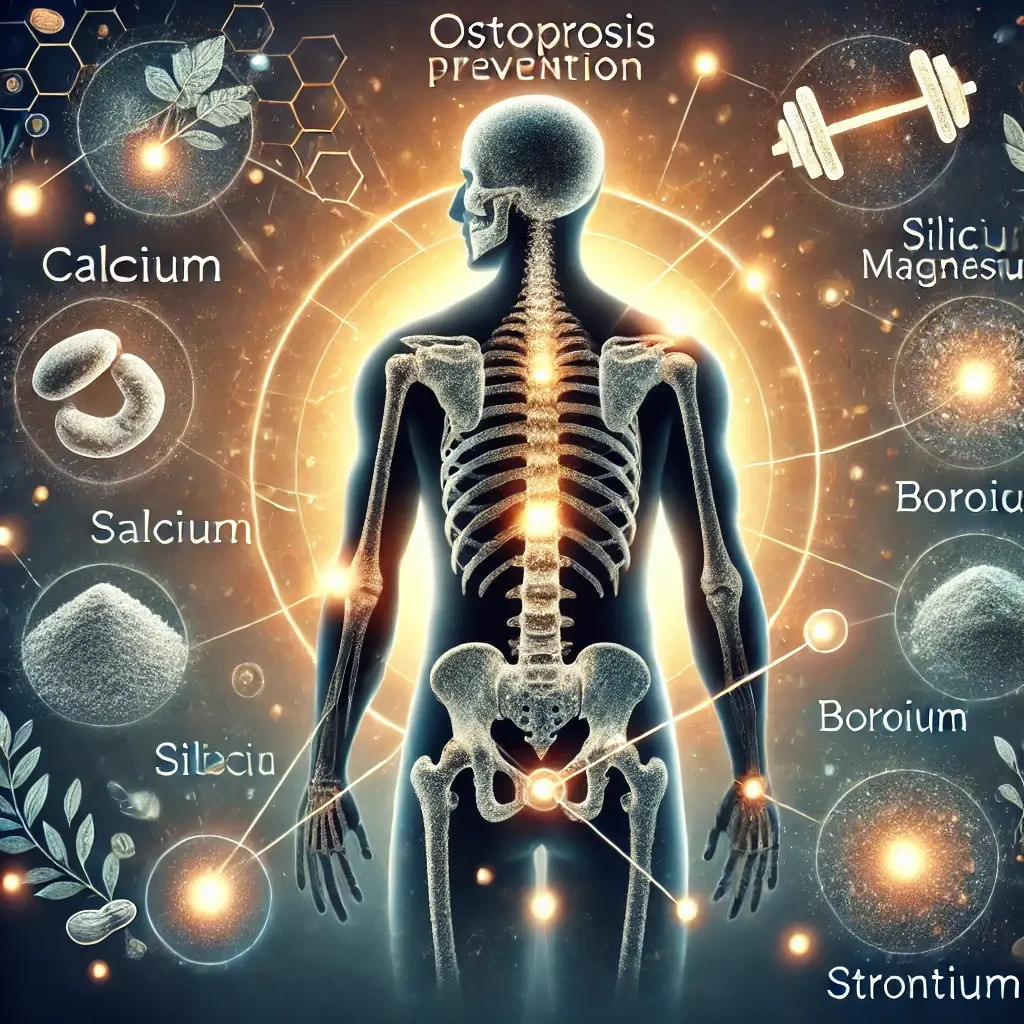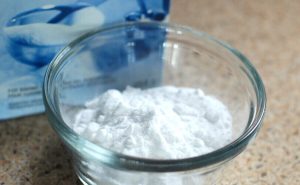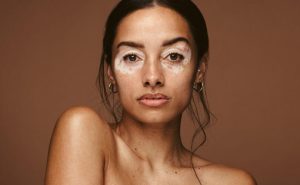What Do Women’s Hot Flashes Feel Like?
You suddenly feel hot for a few minutes when you have a hot flash. It might make your face, neck, chest, and upper body feel hot and red. You could also sweat, get dizzy, or feel your heart beating fast.As many women go through menopause, hot flashes can happen to both men and women who are not going through menopause.
Progesterone and Estrogen
Progesterone and estrogen are two of the most important hormones for women. As part of keeping the reproductive system healthy, they are essential for controlling the monthly cycle. These hormones are made by the ovaries and play a role in the development of secondary sexual traits in women, like breast growth and how body fat is distributed.
During menopause, estrogen and progesterone levels start to drop, which can lead to several different symptoms. Hot flashes are a ubiquitous sign of menopause. Rapid feelings of warmth can make you sweat and feel bad. Alterations in the hypothalamus, a brain area that manages body temperature, lead to hot flashes.
The hypothalamus is less sensitive to changes in body temperature as estrogen levels drop. This can make it respond and cause a hot flash. The length of a hot flash can vary from a few seconds to a few minutes. They can be mild or severe.
Body and Lifestyle Changes
These problems can come with other signs, like mood swings, tiredness, and sleep problems. Not only does menopause cause hot flashes, but it can also lead to vaginal dryness, low libido, and osteoporosis. Changing your lifestyle, like exercising regularly and eating well, can help with these symptoms. Hormone replacement treatment can also help balance hormone levels and ease symptoms.
Overall, menopause is a normal part of getting older for women, and it can come with several different symptoms. Women can better handle the signs of menopause and keep their health and well-being in general if they know what estrogen and progesterone do in the body.
Therapy
Hormone therapy: Hormone treatment can help with hot flashes, but not all women should do it. Some health problems, like breast cancer and heart disease, are more likely to happen if you get estrogen treatment. Counseling that does not involve hormones: Some counseling that does not include hormones can help ease hot flashes. Some medicines, like clonidine, can help with hot flashes and high blood pressure.
Gabapentin: This drug can help with hot flashes and can also assist in controlling seizures.
Venlafaxine is an antidepressant that can also help reduce the pain of hot flashes.
According to research, black cohosh can help some women with hot flashes.
As for soy, it has a lot of phytoestrogens, which are plant chemicals that can work like estrogen.
Changes in your lifestyle: Some changes in your lifestyle can help reduce hot flashes.
Getting regular exercise: Working out can help keep your body temperature in check.
Getting enough sleep: Hot flashes are less likely to happen when you are full of sleep.
Dealing with stress: Stress can make hot flashes happen. Do things to deal with your stress, like yoga, meditation, or deep breathing.
Talk to your doctor if you are having hot flashes. They can help you determine what treatment will work best for you.
